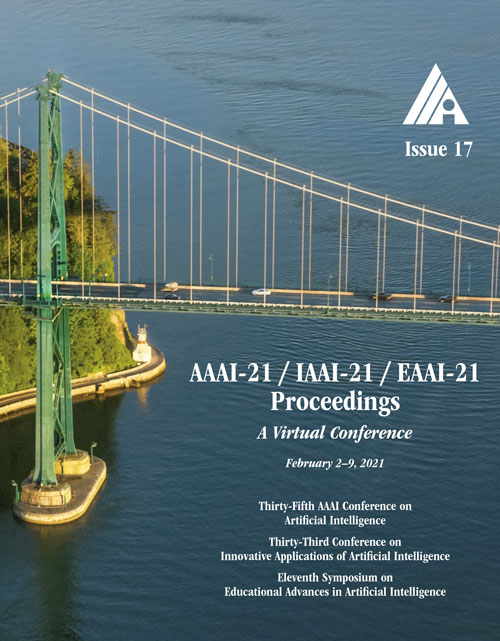Graph Learning for Inverse Landscape Genetics
DOI:
https://doi.org/10.1609/aaai.v35i17.17731Keywords:
Environmental SustainabilityAbstract
The problem of inferring unknown graph edges from numerical data at a graph's nodes appears in many forms across machine learning. We study a version of this problem that arises in the field of landscape genetics, where genetic similarity between organisms living in a heterogeneous landscape is explained by a weighted graph that encodes the ease of dispersal through that landscape. Our main contribution is an efficient algorithm for inverse landscape genetics, which is the task of inferring this graph from measurements of genetic similarity at different locations (graph nodes). Inverse landscape genetics is important in discovering impediments to species dispersal that threaten biodiversity and long-term species survival. In particular, it is widely used to study the effects of climate change and human development. Drawing on influential work that models organism dispersal using graph effective resistances (McRae 2006), we reduce the inverse landscape genetics problem to that of inferring graph edges from noisy measurements of these resistances, which can be obtained from genetic similarity data. Building on the NeurIPS 2018 work of Hoskins et al. (2018) on learning edges in social networks, we develop an efficient first-order optimization method for solving this problem. Despite its non-convex nature, experiments on synthetic and real genetic data establish that our method provides fast and reliable convergence, significantly outperforming existing heuristics used in the field. By providing researchers with a powerful, general purpose algorithmic tool, we hope our work will have a positive impact on accelerating work on landscape genetics.Downloads
Published
2021-05-18
How to Cite
Dharangutte, P., & Musco, C. (2021). Graph Learning for Inverse Landscape Genetics. Proceedings of the AAAI Conference on Artificial Intelligence, 35(17), 14739-14747. https://doi.org/10.1609/aaai.v35i17.17731
Issue
Section
AAAI Special Track on AI for Social Impact

